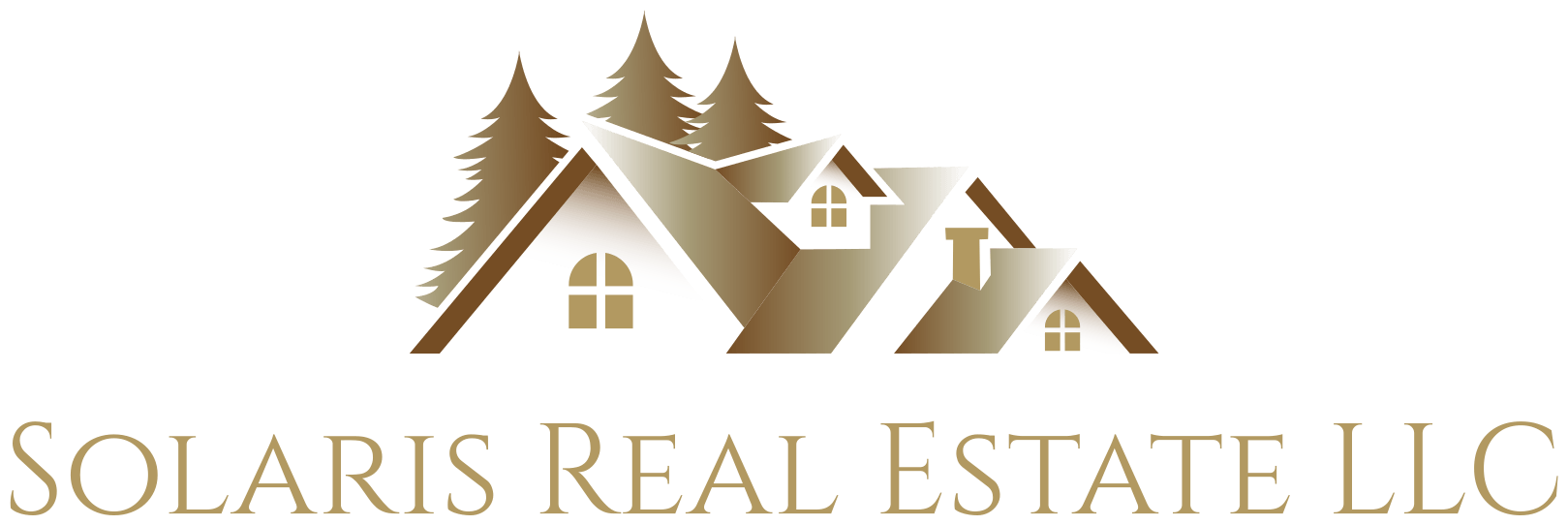Table of Contents
Buying a home is an exciting milestone in anyone’s life. But before you start house hunting, it’s important to understand the basics of a home mortgage. Here’s what you need to know about how to finance your first house.
What is a Home Mortgage Loan?
A home mortgage is a loan from a bank or other lending institution that enables you to purchase a home. When you take out a mortgage, you sign an agreement to pay back the money with interest over time.

In return, the lender gives you the keys to your house and title of ownership. The terms of repayment typically span 15 to 30 years in monthly installments.
The Four Types of Home Mortgage Loans
There are four types of home mortgage loans, including conventional loans, FHA loans, VA loans, and USDA loans. You’ll need to determine which loan is right for you and then shop lenders to find the best fit in terms of rates, terms, and conditions.
Conventional loans: These loans are not backed by the government and may be given to those with good credit, low debt-to-income ratios, and a down payment that is typically around 20 percent of your loan amount.
FHA loans: These kinds of loans are insured and backed by the Federal Housing Administration (FHA), making them easier for first-time homebuyers to qualify for. FHA borrowers must put down at least 3.5 percent of the home’s purchase price as a down payment, although many lenders will accept an FHA loan with just 3.0 percent down.
VA loans: VA loans are issued by the U.S. Department of Veterans Affairs and only available to those in active duty, with an honorable discharge from active duty service, or the surviving spouse of a deceased military member. The VA guarantees a portion of the loan, which makes them easier for veterans who don’t have much cash on hand to purchase their first home. There’s no down payment requirement for VA borrowers.
USDA loans: USDA loans are also called rural development loans and can be used to finance homes in isolated parts of the country where other types of traditional mortgages may not be readily available — and they’re credit-score and down payment-exempt!
Closing Costs
Many first-time buyers aren’t aware of closing costs. Closing costs are fees that the lender charges as part of your loan. Closing costs typically comprise 3 to 5 percent of your total loan amount and may include upfront fees for title work, appraisal fees, credit report fees, attorney fees, origination fees, discount points payable to the lender, inspections, and other closing expenses.

The combination of a good credit score and saving enough money for a down payment can make it easier to secure a first-time home mortgage loan. After checking out all the options available from local lenders, you’ll be ready to find the house of your dreams!
Fixed vs. Adjustable-Rate Mortgages
You can either get a fixed-rate or adjustable-rate mortgage (ARM). With both options, the loan has scheduled monthly payments and an interest rate, but that interest rate might fluctuate.
A fixed-rate mortgage means your interest rate stays constant for the term of your loan. It’s a higher rate at first than a variable rate, but there’s security in knowing your mortgage payments won’t increase over time.
With an adjustable-rate mortgage, your interest rate varies according to changes in market interest rates. They usually start lower and then escalate with market trends.
Required Insurance Policies and Property Taxes
To qualify for a home mortgage loan, you have to agree to maintain certain insurance policies, such as private mortgage insurance, homeowners’ insurance, title insurance, and potentially flood or fire insurance.
Private mortgage insurance: If you want to buy a home with less than a 20 percent down payment, you will have to pay private mortgage insurance (PMI) on your loan. PMI helps ensure that the lender’s interest is protected if the borrower defaults.
Title insurance: Title insurance protects you against the loss of your ownership or non-ownership interest in a property as a result of defects in the title, such as those that may be caused by previous owners’ unpaid debts.

Homeowners’ insurance: Homeowners’ insurance, also called hazard insurance, covers damage to your home’s structure and personal belongings. It includes coverage for natural disasters and theft. Because lenders require it, homeowners often opt to buy this policy even if they live in an apartment building with a doorman and robust security system.
Flood, fire, and earthquake zone: Lenders also require flood, fire, and earthquake zone designation for borrowers who purchase homes located in these regions.
These insurance policies are figured into your mortgage payments, which are broken down into principal and interest.
Property taxes are also figured into your payments.
Points: Pre-Paid Interest
Points are pre-paid interest on your loan so that your monthly payments are lower. A point is equal to one percent of the loan amount. Lenders usually charge one point on adjustable-rate mortgages and two points on fixed-rate mortgages.
Conclusion
Mortgages are one of the most important financial decisions you’ll make as a first-time homebuyer. It’s important that you prepare your credit score and debt-to-income ratio before applying for your loan. Determine which type of loan is right for you, and then research lenders to find one that has the best rates and terms.

Be prepared to pay thousands of dollars in closing costs. Be aware of additional monthly mortgage costs, such as required insurance policies and property taxes. Determine if you want a fixed or variable rate and if you plan to pre-pay interest by buying points.
Ask your real estate agent for more information about home mortgage loans and what you might need to qualify. Many real estate agents have lenders they’re happy to recommend.

